UK minister discusses future of nuclear deal in Tehran
Visiting British Junior Foreign Minister Alistair Burt and Iranian Deputy Foreign Minister Abbas Araqchi have started talks in Tehran centering on the aftermath of the United States withdrawal from the 2015 nuclear deal with the Islamic Republic.
The talks started at the Iranian Foreign Ministry on Saturday. Burt, who is Britain’s minister of state for the Middle East and North Africa, is in the Islamic Republic for a two-day stay in a first visit by a British minister since the decision by US President Donald Trump to withdraw Washington from the Iran nuclear deal.
The discussions are expected to address economic cooperation following the US move, and provision of the financial and monetary mechanisms that enable continued trade between the two sides despite the implications of Washington’s decision.
Also, the talks will address the latest regional developments.
The US quit the 2015 deal, officially known as the Joint Comprehensive Plan of Action (JCPOA), despite being legally bound by it after it was signed into a UN Security Council resolution.
The US has also reintroduced the sanctions that had been envisaged to be lifted under the JCPOA.
The UN, the European Union, which coordinated the talks leading to the agreement, and other signatories to the accord, namely the UK, France, Russia, China, and Germany had all warned Washington against taking the move. All consider the JCPOA to be a historical agreement and a pillar of regional and international peace and security.
In a statement before his visit, Burt echoed London's assertion to remain committed to the Iran nuclear deal, saying, "As long as Iran meets its commitments under the deal, we remain committed to it as we believe it is the best way to ensure a safe and secure future for the region."
Iran, whose commitment to the JCPOA has always been verified by the UN nuclear agency, has, however, sought Europe to offer it financial guarantees that could ensure its economic interests and justify its continued commitment to the deal.
In late April, the leaders of Britain, France, and Germany reaffirmed their support for the landmark deal with Iran.
French President Emmanuel Macron and German Chancellor Angela Merkel voiced their countries’ continued commitment to the deal during separate phone calls with British Premier Theresa May.
VIDEO | Leader meets workers on Labor Week
French police called in to break up US-style pro-Palestinian student demo
VIDEO | US continues starving Syrians, stealing their resources
Yemeni forces strike Israeli ship, Port of Eilat in solidarity with Gaza
Columbia, Yale students bent on ending US support for Israeli genocide
VIDEO | Genocide in Gaza
Iran calls on BRICS to play role in stopping Israeli crimes
President Raeisi’s historic visit opens new chapter in Iran-Pakistan ties


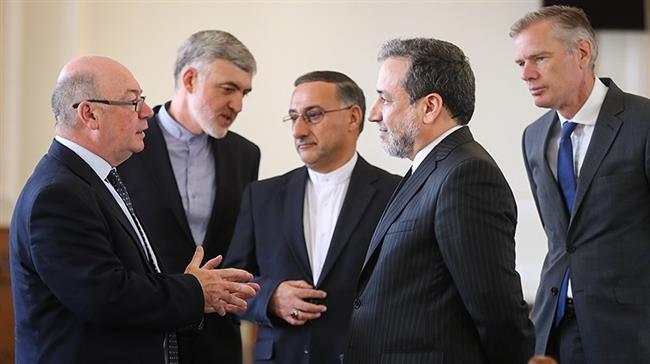

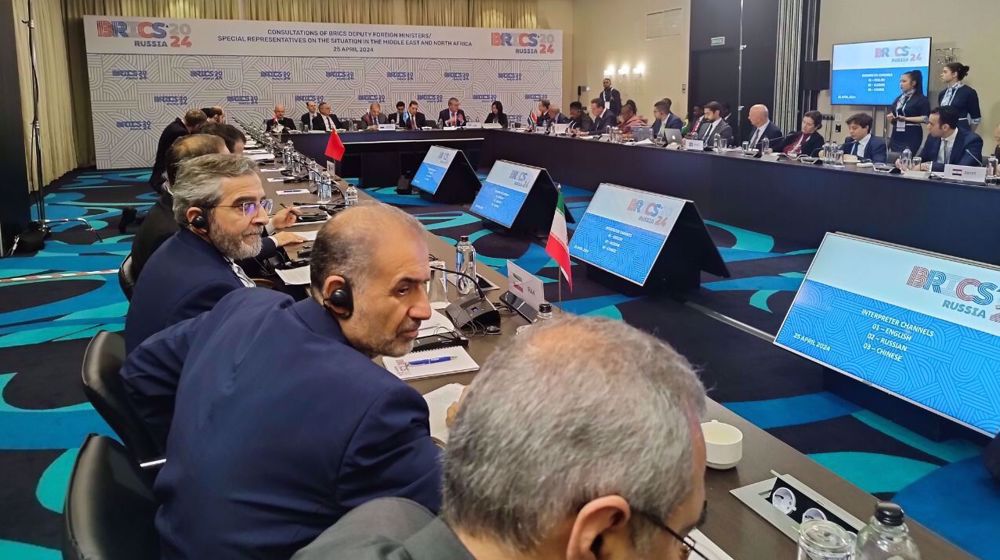
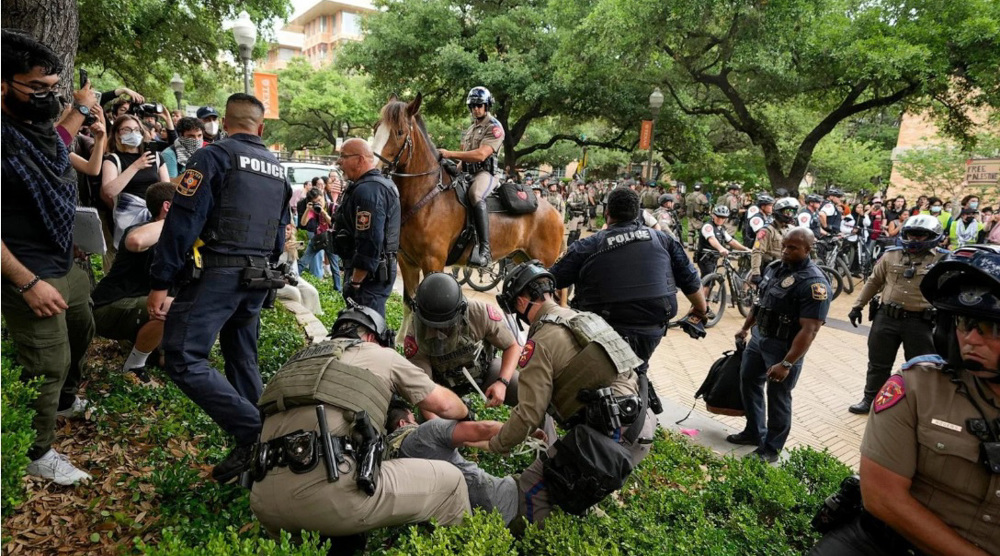
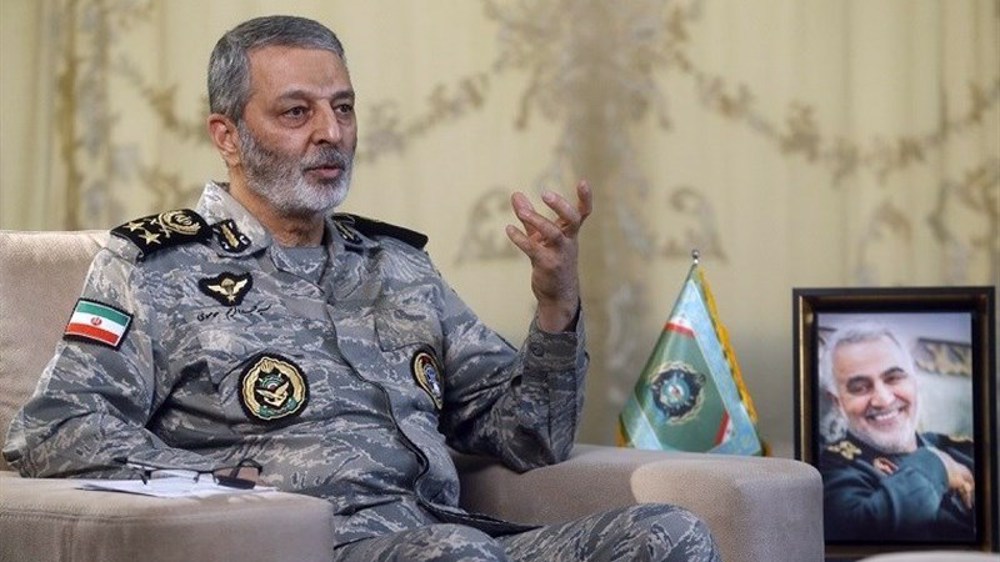



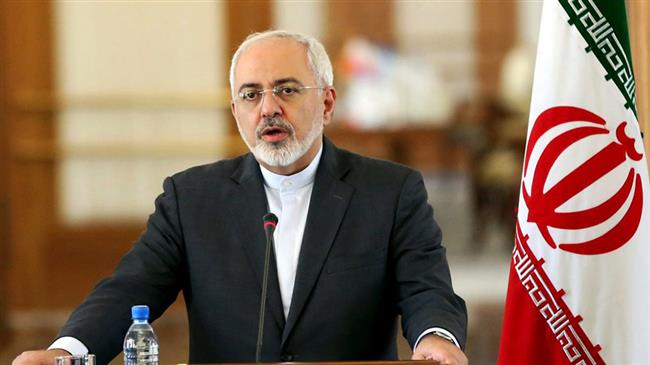



 This makes it easy to access the Press TV website
This makes it easy to access the Press TV website